VMware demos mobile app virtualisation
VMware has shown how virtualised mobile phones could run applications regardless of platform.
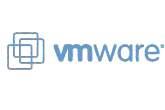

Want an iPhone, but really like that Android application? Virtualisation could change the mobile application store landscape, with any phone running any application regardless of the platform.
That's the vision from VMware, which laid out its plans for mobile virtualisation at its VMware conference in San Francisco today.
Earlier this year, VMware showed off a device running two mobile operating systems at once. This time around, the virtualisation firm revealed it had done the same for applications, demonstrating a phone running Windows CE with an Android Visa application directly on the platform - not unlike what its VMware Fusion software does for the desktop.
"From a consumer standpoint, when you buy an app, you're stuck on an island of applications," said director of mobile virtualisation Srinivas Krishnamurti. If you use an iPhone, you're stuck with the App Store, for example.
Running virtual machines on a handset could lead to an "uber store" offering apps that run on any platform, rather than forcing developers to create separate versions for the iPhone, Android, BlackBerry, Windows Mobile and more, Krishnamurti said.
VMware is already in talks with handset manufacturers to put bare-metal hypervisors on phones. He said a number of evaluation were "pretty far along."
When asked to explain the use case such manufacturers were planning, Krishnamurti said: "If I actually mention the use case, it would be obvious who it is." However, he said consumers won't be able to interact with the virtual machine, that it will sit in the background as a service VM, letting the company in question reuse legacy software.
Get the ITPro daily newsletter
Sign up today and you will receive a free copy of our Future Focus 2025 report - the leading guidance on AI, cybersecurity and other IT challenges as per 700+ senior executives
He admitted VMware would have a tough sell pitching the system to Apple, as it has by far the most apps on the market. "Today, it's hard for me to say Apple will jump up and down for this," he said. "I'm not betting my job on Apple."
Still, he said that iPhone's running a VM could offer enterprise applications, which might help Apple's handset gain more traction in that space.
Virtual roadmap
Such a system may be well off in the future, however. Krishnamurti said that the first stop on VMware's mobile virutalisation roadmap is letting users access virtualised data centres over phones. At the moment, that's possible using vCentre, while engineers are working on adding that capability to VMware View.
The next stage is using the mobile phone as a thin client, letting users access their desktop over a handset. Such a system was unveiled yesterday at VMworld, with Wyse's iPhone app PocketCloud offering access to Windows desktops.
The third stage is virtualising the phone itself, which would let users have multiple operating systems, separate work or home virtual machines, or use any app regardless of platform.
Such a system could also help manage performance on phones by throttling CPU, network access and memory for specific applications without affecting the rest of the platform.
Click here for more news from VMworld 2009.
Freelance journalist Nicole Kobie first started writing for ITPro in 2007, with bylines in New Scientist, Wired, PC Pro and many more.
Nicole the author of a book about the history of technology, The Long History of the Future.
-
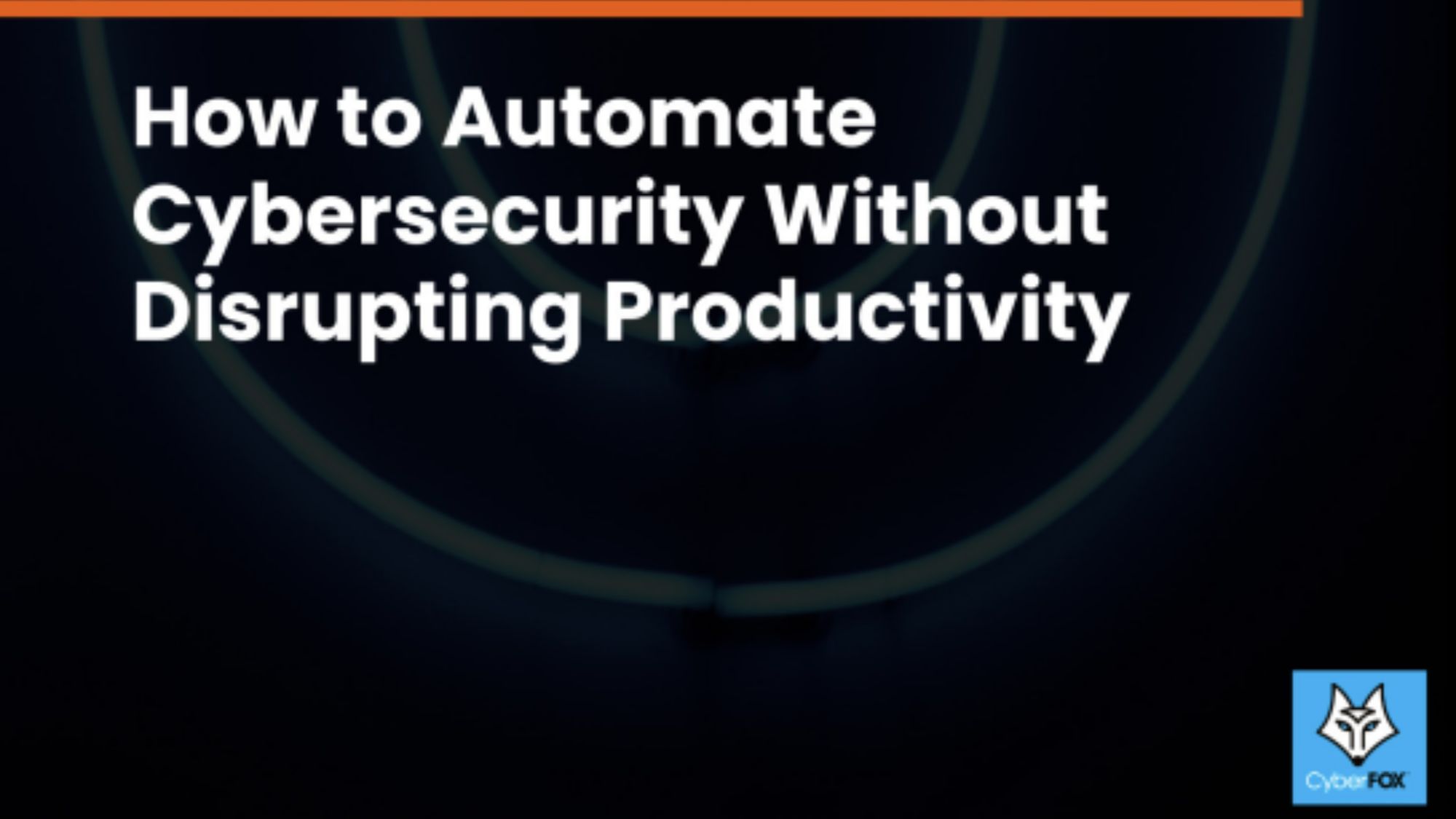 Zero Standing Privilege: Automating Cybersecurity Without Disrupting Productivity
Zero Standing Privilege: Automating Cybersecurity Without Disrupting Productivitywhitepaper
By ITPro
-
 Why keeping track of AI assistants can be a tricky business
Why keeping track of AI assistants can be a tricky businessColumn Making the most of AI assistants means understanding what they can do – and what the workforce wants from them
By Stephen Pritchard
-
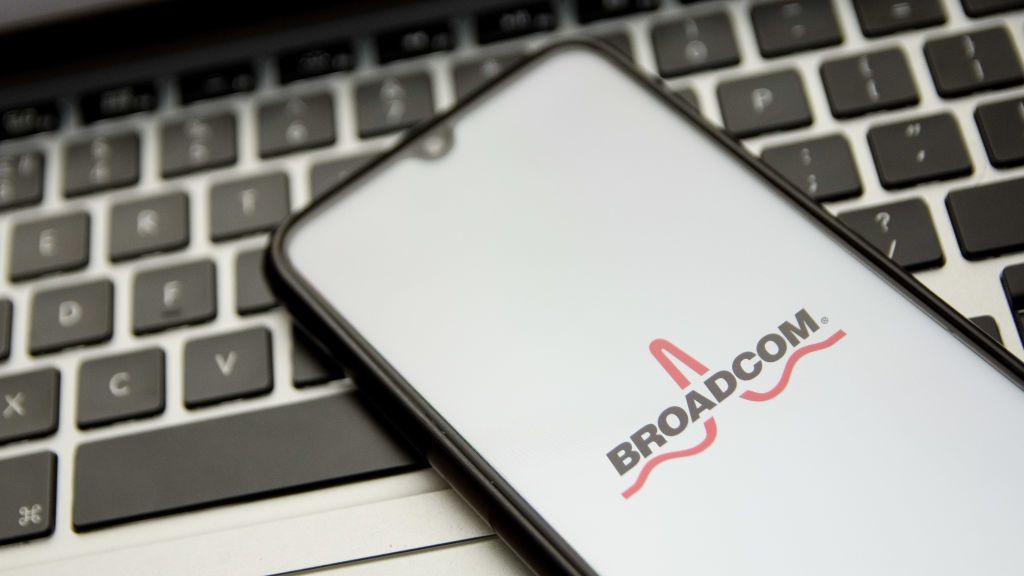 Broadcom reportedly looking at acquiring cloud company VMware
Broadcom reportedly looking at acquiring cloud company VMwareNews Chipmaking giant is hoping to solidify its software base to give it more flexibility in targeting the data centre market
By Zach Marzouk
-
 View from The Airport: Dell Technologies World 2019
View from The Airport: Dell Technologies World 2019Opinion At long last, Dell is one big happy family
By Adam Shepherd
-
 VMware promises enterprise low-cost route to VDI
VMware promises enterprise low-cost route to VDINews Virtualisation giant claims moves to cut cost of virtual desktops are starting to pay off
By Caroline Donnelly
-
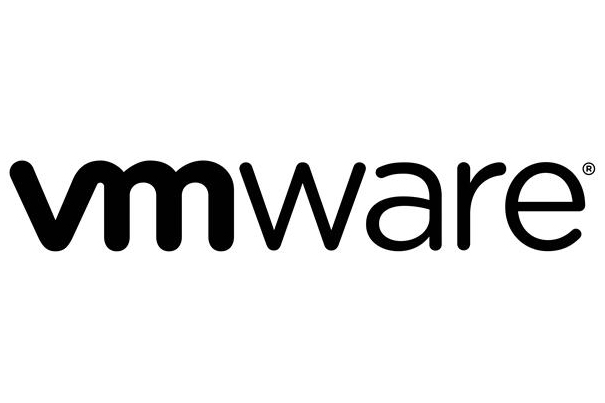 VMware Horizon Suite to launch in Q1
VMware Horizon Suite to launch in Q1News VMware View receives overhaul as pricing and availability details for Horizon Suite drop.
By Caroline Donnelly
-
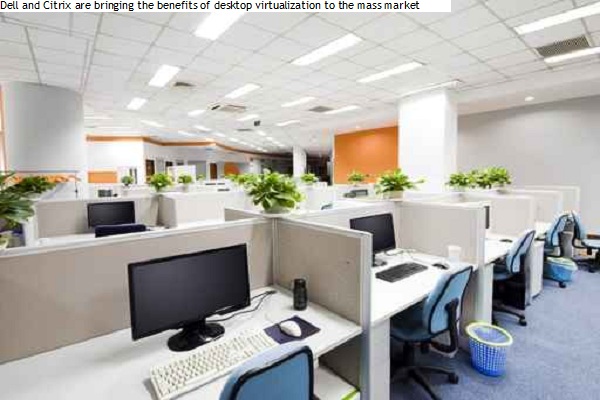 Dell debuts virtual desktop product bundles
Dell debuts virtual desktop product bundlesNews Hardware giant unveils VMware and Citrix powered desktop bundles for SMBs and enterprise users.
By Caroline Donnelly
-
 EMC World 2011: VMware to virtualise mobile phones
EMC World 2011: VMware to virtualise mobile phonesNews Work is in progress to provide enterprise users with two phones on one handset by using virtualisation technology.
By Jennifer Scott
-
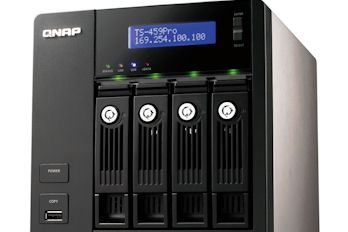 QNAP launches Intel-powered NAS devices
QNAP launches Intel-powered NAS devicesNews Incorporating an Intel Atom Dual-Core processor has upped the read speeds and reliability of its NAS products, according to QNAP.
By Jennifer Scott
-
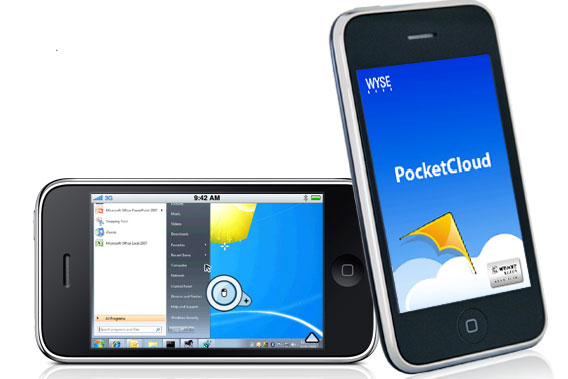 Video: Wyse puts virtual desktops on the iPhone
Video: Wyse puts virtual desktops on the iPhoneNews Wyse app lets users access Windows desktops to run Flash, IE and other PC-based systems all from the iPhone.
By Nicole Kobie